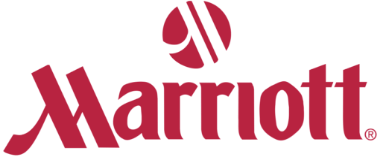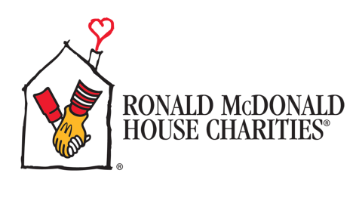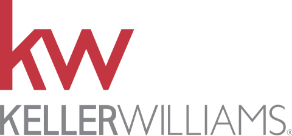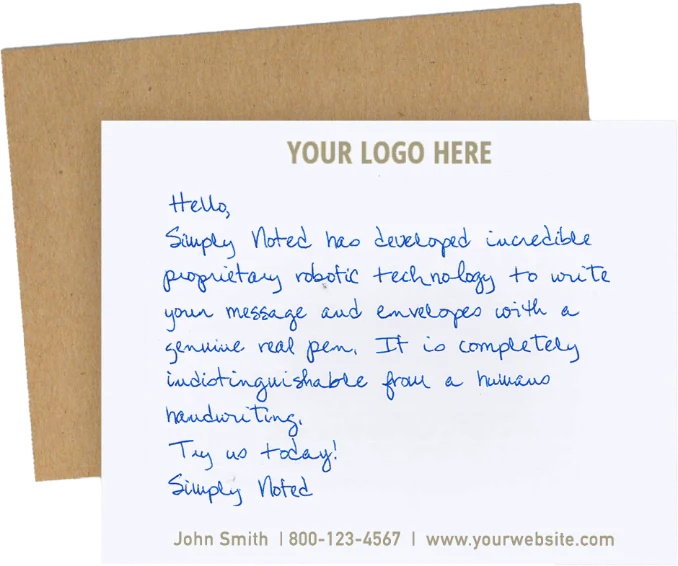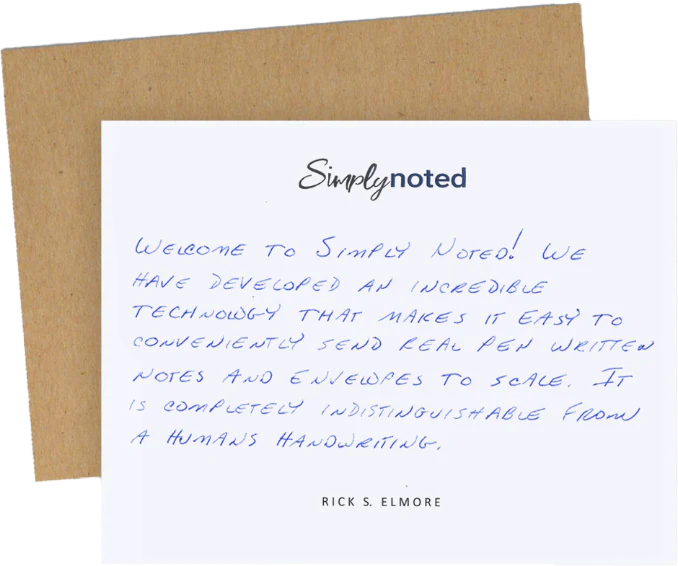Unlocking the Benefits of Healthcare Marketing

Unlocking the Benefits of Healthcare Marketing
In 2023, healthcare providers can expect to revolutionize their patient-provider relationships through innovative marketing strategies and cutting-edge trends. These healthcare marketing tactics will be centered around regulatory compliance budget management considerations and uphold essential aspects such as patient privacy rights while deepening connections between provider and customer alike. With data-driven insights fueling forward progress into the future, it is fascinating what this could bring about!
Key Takeaways
- Healthcare marketing is a strategic process focusing on creating positive patient experiences and promoting services. Healthcare businesses of all kinds can benefit.
- A successful strategy involves website optimization, content creation, and an active social media presence to build patient relationships.
- Maximizing engagement requires personalized communication, reputation management, data-driven strategies, and automated handwritten tools like Simply Noted.
UNDERSTANDING HEALTHCARE MARKETING
Healthcare providers must utilize successful marketing tactics to remain competitive within the healthcare industry and stand out amongst their peers. These strategies enable businesses to attract prospective patients and build a loyal client base by offering personalized care with excellent customer service.
By doing this, they can foster strong relationships, leading to an enjoyable patient experience for all involved parties. Thus, effective healthcare marketing has become key to success within today’s marketplace. It's good to try these healthcare practices.

What is healthcare marketing?
Healthcare marketing strategies are used to draw in healthcare consumers, accompany them on their journey, and maintain a strong relationship with health systems while abiding by the regulations of health insurance portability.
From print media advertisements to radio ads or billboards, these approaches have proven effective in gaining brand recognition and patient loyalty within the sector. Nowadays, digital platforms such as social media provide an unrivaled way for healthcare organizations to personally connect with patients while creating greater access amongst new demographics thanks to targeted ads that leverage email marketing techniques.
All this proves how integral successful marketing is in building up a respected healthcare provider name.
Why is it important?
For healthcare marketers, devising captivating strategies to contribute towards the profitability of their health system is essential. To do so, they must stay up-to-date on industry trends and insights to meet patients’ preferences along their journey for care.
Keeping them informed with emails or social media campaigns helps build trust while improving overall experiences — ultimately leading to patient loyalty and retention in competitive marketplaces.
KEY COMPONENTS OF A SUCCESSFUL HEALTHCARE MARKETING STRATEGY
Healthcare providers can strengthen their reach and make a lasting impact on patient outcomes by utilizing an effective healthcare marketing strategy. This approach involves optimizing a website for user experience and SEO purposes, producing helpful content to educate patients, and being active across social media platforms to interact with potential consumers.
With such measures taken into account while creating this promotional scheme, it is possible to build relationships that will lead to loyalty and better health results amongst those looked after.

Website Optimization
Optimizing a website is critical for healthcare providers to attract potential customers, offering them an easy-to-navigate online experience and Promoting conversions and loyalty. Content must display correctly on all mobile devices while optimizing the site via search engine optimization (SEO) to ensure higher rankings in popular search engines like Google.
This can be highly advantageous for healthcare specialists because it creates more opportunities: increased visibility in searches by new patients, smoother pathways of journey, acquisition of pertinent customer data through personalization options, and having everything centralized concerning content distribution.
These benefits will bring about improvements resulting from a wider reach, ultimately leading to greater profitability since more people are encouraged to retain their patronage due to strengthened connections being formed.
Content Creation
Creating content such as blogs, articles, and videos can assist healthcare providers in acquiring more authority on their subject and boosting search engine rankings. By creating instructional yet captivating material, medical professionals can inform patients while establishing trustworthiness among them by being industry front-runners.
Producing distinguished information boosts online ranks and encourages stronger ties between caretakers and those they provide services. This connection is reinforced by personalizing messages specifically targeted toward individual patient needs, resulting in enhanced engagement levels and satisfaction rates.
Social Media Presence
Healthcare organizations can take advantage of social media channels such as Facebook, Twitter, and Instagram to build relationships with their patients, provide helpful information, and raise engagement.
This way, healthcare providers can receive negative and positive reviews from customers, allowing them to respond accordingly. Hence improving the level of customer satisfaction while also elevating brand recognition. Using these tools, they demonstrate commitment towards satisfying patient needs, thus enhancing its reputation in general.

NAVIGATING CHALLENGES IN HEALTHCARE MARKETING
Healthcare marketers are challenged by various aspects, like regulatory compliance, budget management, and patient privacy. This section provides strategies to deal with these issues, which must be considered for marketing activities to produce results that both adhere to industry standards and prove successful.
Regulatory Compliance
Healthcare marketers must meet all applicable regulatory compliance demands, such as those put forward by HIPAA and the FDA, to guarantee that their campaigns are lawful and correct. These policies exist so patient confidentiality can be preserved while ensuring marketing materials' accuracy.
Healthcare organizations must adhere strictly to these regulations or face severe repercussions like financial penalties, reputational damage, or legal action. To ensure security from any punishments it may bring about, health businesses must stick loyally with HIPAA mandates and have open communication lines with patients.
Budget Management
Healthcare organizations can benefit from effective budget management, which involves data-driven strategies, resource allocation, and analyzing previous campaigns. This allows healthcare marketers to present these findings to executives to obtain the necessary approval of their marketing budgets.
With efficient utilization of investments, they may expect improved patient satisfaction that could lead to increased lead generation and better financial performance.
Patient Privacy
Healthcare organizations must take stringent measures to ensure patient privacy is not breached in their marketing campaigns. HIPAA Privacy Rule grants individuals the right of control over how and when their protected health information can be used for promotional purposes.
Hence, such regulations have to be strictly adhered to. Ignoring this obligation may lead to severe consequences - fines, reputational damage, or even legal ramifications, including potential violations of HIPAA guidelines, which should motivate healthcare firms to take all precautions necessary for secure data processing and ethically sound campaigning tactics.

MAXIMIZING PATIENT ENGAGEMENT AND RETENTION
Healthcare providers should prioritize personalizing communication, maintaining a positive reputation, and continuously improving marketing strategies to boost patient engagement and retention. Doing so will foster strong relationships with patients, increasing overall satisfaction levels and loyalty.
Personalized Communication
Healthcare providers can benefit from personalized communication tactics such as email marketing and targeted advertising to build stronger patient connections. By crafting messages that are specifically tailored for each patient, healthcare professionals can foster improved patient engagement and satisfaction while delivering more meaningful content.
Segmenting campaigns according to the needs of individual recipients allows marketers to ensure accuracy in message delivery, resulting in a heightened efficacy rate overall.
Ultimately, investing effort into using personalized strategies may lead to better relationships between provider and patient and could result in health outcomes and greater customer satisfaction.
Reputation Management
Healthcare providers must keep track of and address positive and negative reviews to preserve a good reputation. Responding to feedback in a HIPAA-compliant, understanding manner will show that the healthcare provider is invested in patient satisfaction.
This commitment may result in greater patient loyalty and trust in their services. To achieve these goals, it’s essential to resolve any issues or difficulties that might have occurred during the visit with them.
Continuous Improvement
To stay competitive and continue advancing, healthcare marketers must keep up with industry trends and best practices. Performance analysis should be routinely conducted while marketing strategies are adjusted as needed for campaigns to remain current and efficient at achieving the desired goals of engaging patients effectively.
Data analytics can greatly assist in seeking continual improvement through pinpointing actionable insights, leveraging predictive analytics capabilities, and tracking how successful a particular campaign has been or has not met expectations. These steps help healthcare marketers efficiently tailor their methods toward maximum customer engagement.

EMERGING TRENDS IN HEALTHCARE MARKETING
Healthcare providers can stay ahead of the industry by embracing emerging trends in marketing, such as digital innovation and data-driven tactics. Automated handwriting tools like Simply Noted are a must to maximize patient satisfaction and connection with customers.
By implementing these strategies within existing marketing plans, healthcare organizations will remain competitive today and into the future.
Digital Marketing Innovations
Healthcare providers and organizations use innovative digital marketing strategies like AI-powered chatbots and virtual reality experiences. This has allowed them to expand their reach, produce more compelling content, and effectively gauge campaigns' success.
Health exemplifies some popular AI Chatbot services used in healthcare that can provide individuals with access to medical knowledge on demand for appointment booking or data collection, along with facilitating conversations between doctor & patient virtually, thus creating a personalized experience throughout the process for customers.
Data-Driven Strategies
Healthcare marketers can benefit from data-driven strategies, which allow them to make educated decisions and refine their campaigns while evaluating results.
Through practical data analysis, healthcare providers can understand the best marketing channels for specific regions, personas, or service lines. They allow precisely targeted campaigns that can lead directly towards successful patient care outcomes and greater customer satisfaction.
To effectively implement these types of approaches requires technology and healthcare practitioners' commitment to use information gained through research when making important choices regarding marketing tactics.
Automated Handwritten Healthcare Marketing with Simply Noted
Healthcare providers can easily personalize marketing efforts and build relationships with their patients by employing Simply Noted for automated handwritten messages. Writing notes in actual pen, the robots add an extra layer of connection that helps to demonstrate value, resulting in greater patient satisfaction and loyalty.
Research has revealed this type of communication is highly effective at showing additional effort was taken into making contact – thereby enriching the overall experience healthcare professionals provide.

Summary
Healthcare providers can use marketing strategies, including optimized websites, engaging content, active social media presence, and digital innovations to improve patient-provider relationships in 2023. However, regulations must be met along with budget management and data privacy considerations.
By embracing these trends, healthcare organizations can increase their success through improved patient satisfaction from practical marketing efforts.
Frequently asked questions
What does healthcare marketing do?
Marketing within healthcare is focused on giving consumers clear and helpful information, helping them along in their journey with the health system, and sustaining their engagement. It involves creating communication that encourages individuals to interact more deeply with medical care services.
What are the 5 P's of healthcare marketing?
The various tools available to a healthcare organization for successful marketing include Product, People, Place, Price, and Promotion. Each of these P’s should be strategically implemented in the correct order.
Is healthcare marketing hard?
Healthcare marketers face difficulties due to ever-evolving regulations, amplified competition for recognition, and limited internal resources. To meet these challenges head-on, they can craft health instruction content to help them remain competitive and improve their patient relationships. By doing so, healthcare marketing efforts have a better chance of succeeding in today’s landscape.
What are some examples of traditional marketing strategies in healthcare?
Traditional marketing tactics employed in the healthcare sector include billboards, television spots, radio commercials, and print media.
How can healthcare providers utilize personalized communication?
Healthcare providers can use forms of communication, such as email campaigns and personalized advertisements, to foster relationships with patients while showing their appreciation.


